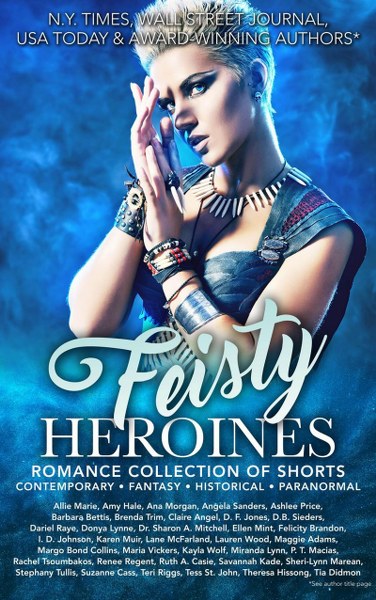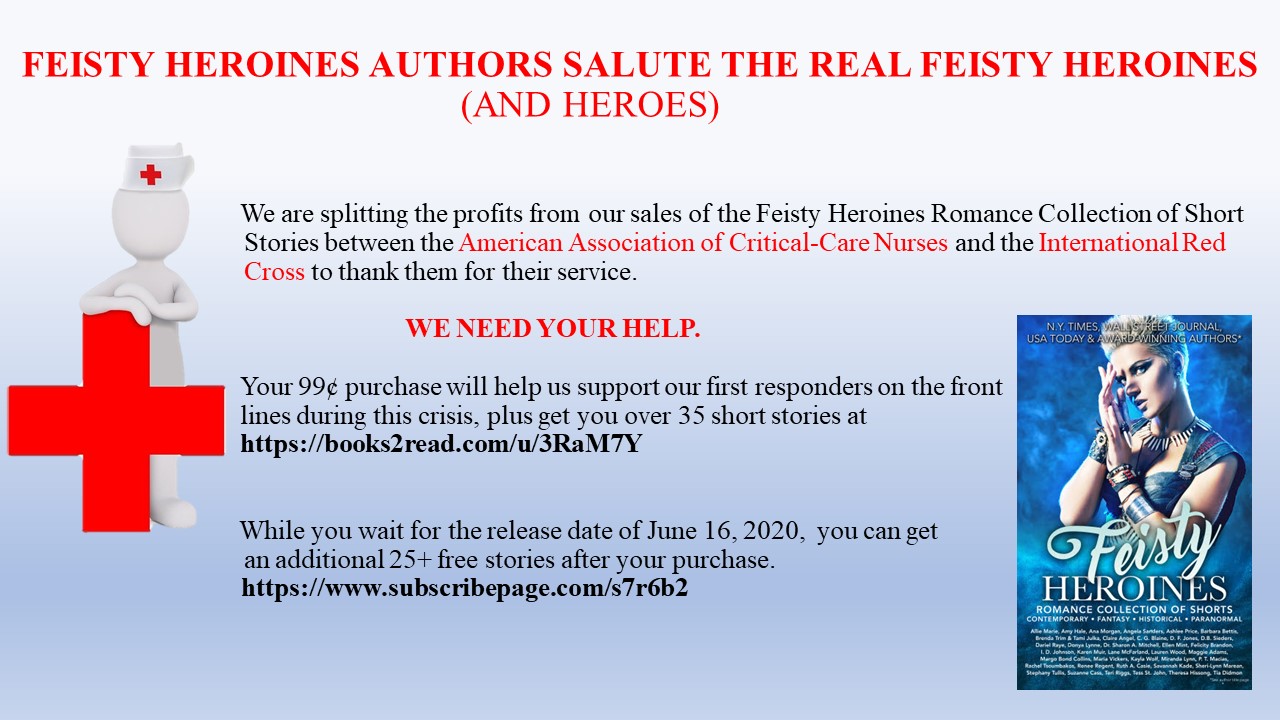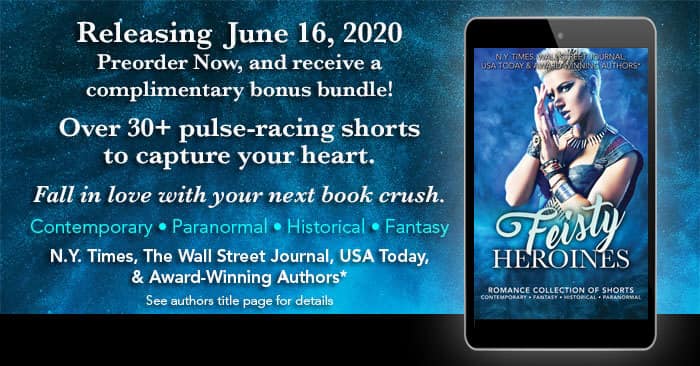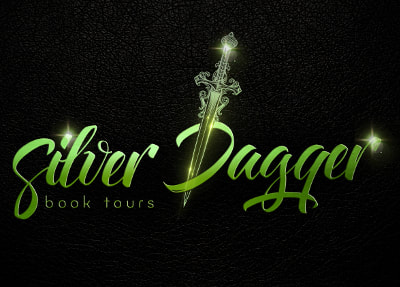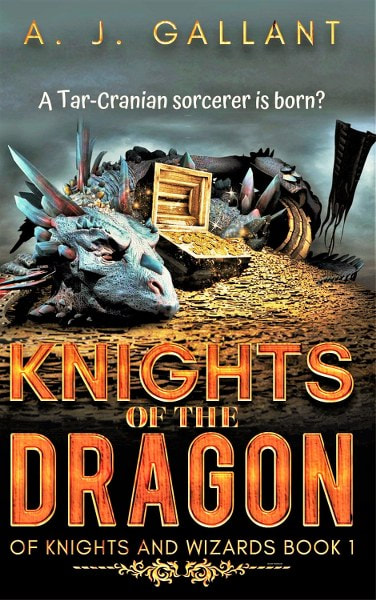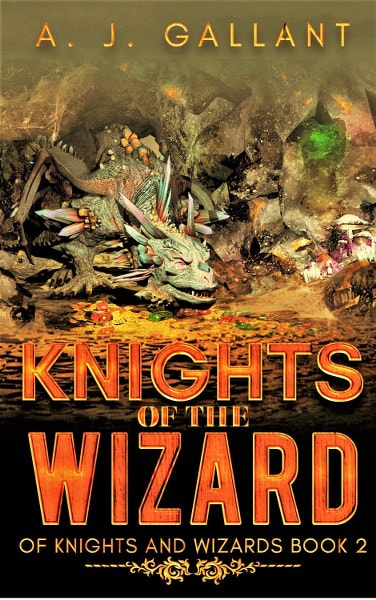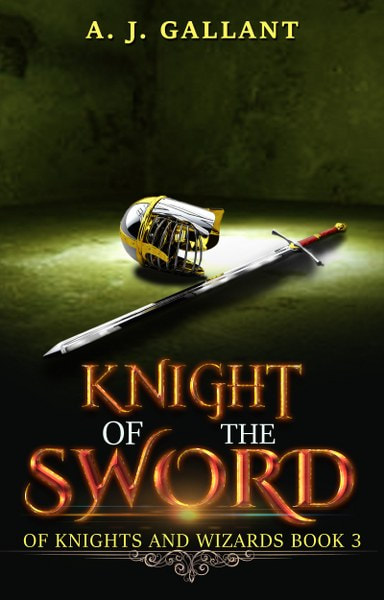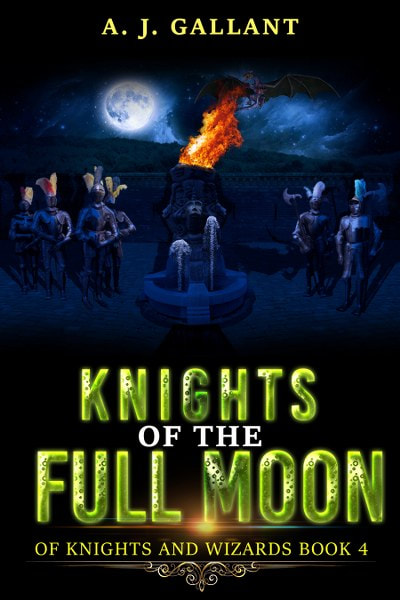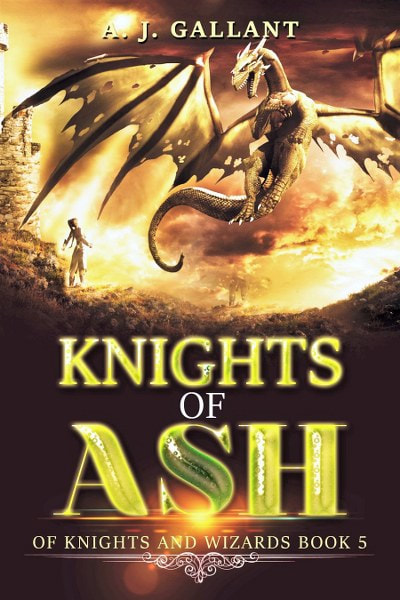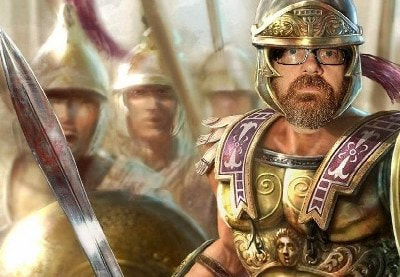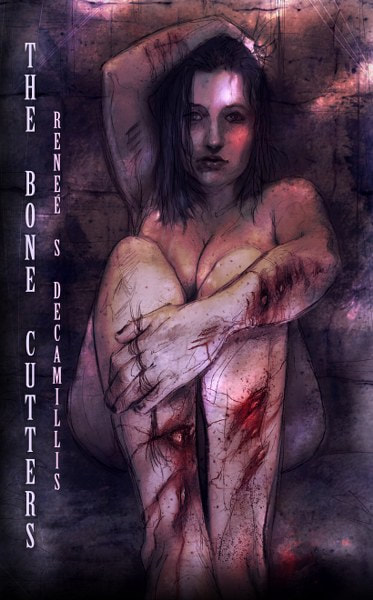1.) What are your top 10 favorite books/authors?
I always find it tough to pick favorites in literature, as well as in music and film. My tastes vary. What I think of as my favorites can often change with my mood or with the day that I’m making the list. And I often find that if I make a list like this, a week or so will go by and then I realize I somehow forgot some of my favorites.
I have a very hard time keeping this to only 10; these are in no particular order, and there are more than ten listed and more that I could add.
Authors: Edgar Allen Poe, Ray Bradbury, Shirley Jackson, Stephen King, Kurt Vonnegut, Chuck Palahniuk, Elizabeth Hand, Kelly Link, Joe Hill, Mary SanGiovanni, Denis Johnson, Paul Tremblay, Victor LaValle, Clive Barker, Damien Angelica Walters…
Books: Slaughterhouse Five and Welcome to the Monkey House, by Kurt Vonnegut; Fahrenheit 451 and The Illustrated Man and Something Wicked This Way Comes, by Ray Bradbury; Jesus’ Son, by Denis Johnson, Controlled Burn, by Scott Wolven; Stranger Things Happen, by Kelly Link; Behind the Door, by Mary SanGiovanni; Wylding Hall, by Elizabeth Hand; The Ballad of Black Tom and The Devil In Silver, by Victor LaValle; Head Full of Ghosts and Disappearance at Devil’s Rock, by Paul Tremblay; 1984, by George Orwell; We Sold Our Souls, by Grady Hendrix; Books of Blood, by Clive Barker
Side note: As I’m writing this answer, I notice that my favorite authors are often men, (Same as in music—many of my favorites are men.) and when I think about the stories I write there is a big male component to them. Even though the protagonist in The Bone Cutters is a female, there is a strong male cast of characters, and the main antagonist is female. And many of my other stories have male protagonists or have many supporting roles that are males. I have a hard time not psychoanalyzing everything, and when I look deeper into why this might be, I realize that many of my friends throughout my life have been boys/men. Yes, my few closest friends are often females, but my “gang” is often men. I’ve always been that chick who easily hangs with the guys and has more to talk about with dudes than with the majority of the chicks in the room—as long as the conversation isn’t about sports. I don’t watch/follow sports. I often have a dark and harsh sense of humor and am often snarky and sarcastic, which seems generally more fitting with men than women. I like to razz people and give people shit when I joke around, and many women are often put off by that and get offended, even though that is never my intention. (I’m speaking in generalities here and purely from my own personal experience.) When I was growing up, a lot of girls were often mean and nasty and competitive and hateful, which pushed me over to the boys’ side. As a child I was a balance of Tom-boy and Hello-Kitty-girl, never a girly-girl, so I think my brain is just wired to understand and get along with boys/men a little better than I generally can with girls/women. That’s not to say that I don’t get along well with women. They just need to be the type of women who understand me. Nor does that say that I don’t have women authors/musicians whose work I love and admire. I just often lean more toward the male side of things. Now that I’m meeting and getting to know some female horror authors, I’m learning that these are often the type of women who understand me and we can get along well, like I can get along with the dudes. It seems I’ve finally found my group of girls/women I can get along with and connect with—women horror writers. Women on the dark side of life are where it’s at! Now I just need to find more women horror authors whose stories I can connect with. That is a goal of mine.
2.) Do you prefer to write in silence or with noise? Why?
I prefer to write in relative silence. I can’t have music playing while I write. I’m a musician and a singer, and if music is playing it will make me want to sing and listen intently to the music, which is not conducive to focusing on my writing and getting that work done. I do like to have the windows open on nice days to hear the sounds of nature while I write. I live in the woods of a small town, and my neighborhood is very quiet. I do also sometimes like the thrum of white noise from a fan or a space heater. Ever since I was a very young child I’ve had to sleep with a fan on; the white noise relaxes me, and that carries over to my writing time.
3.) Do you write one book at a time or do you have several going at a time?
Right now I do have more than one project in the works, but I find it hard to split my focus. Even though multiple projects are in the works for me, I typically spend chunks of time focused on one at a time. If I bounce back and forth too much I find that the work will lack depth, or it will end up with summarized passages peppered throughout that still need to be fully fleshed out. Also, it takes me too long to finish a project if I have too many going at one time and if I bounce back and forth too much. One of my pet peeves is not finishing something I start. It drives me batty knowing that I have many unfinished projects. That’s something that many aspiring writers struggle with: lots of great ideas that get started but never get finished. I don’t want to be that sort of writer. I need to get shit done. I need to feel productive and have something to show for all the blood, sweat, and tears I put into my work.
4.) Pen or type writer or computer?
Pen and computer: Typically when new ideas hit me I have to use a pen and notebook to write an outline, a rough draft of a scene, or a character sketch, or dialogue I’m trying to get just right. I sometimes will handwrite many scenes or many chapters in a notebook. See, the thing is, I don’t just write at my writing desk in my office where my computer is; I’m constantly thinking about what I’m working on and how to make it better or how to move forward with the story or coming up with new story ideas or character ideas, and I need to be able to get those ideas down right away before I forget them. A lot of ideas come to me at night when I’m trying to fall asleep, or when I’m in the shower, or when I’m driving—those sorts of mundane routine activities—and I don’t have any gadgets in those places. I prefer fewer gadgets in general anyway, and I especially have no computer type gadgets in the bedroom. There’s something about computers and cell phones and those types of computerized electronics that create anxiety, and I have a hard time sleeping if those devices are close to me. I’m also a firm believer that there’s something about the act of handwriting that has a more direct line with our brain, a more direct means to tap into our creativity, so I will always handwrite a lot of my first draft work.
5.) Advice you would give new authors?
- Finish your damn work! Don’t look at editing and revision as “work”. It’s fun! It’s where you really get to know your characters inside and out, and it’s where you really get down to the nitty-gritty of the story that has unfolded—the real story, not the one you try to force, but the one that has to happen naturally.
- Seek reviews before your book comes out. Promote your book like crazy before its publication day. Seek interviews and podcasts and blurbs and whatnot before your book comes out. Have a consistent and approachable online presence. I didn’t do enough of that before my book was published. I was dealing with some major health issues at the time, which hampered my ability to do that work for myself, and I also didn’t realize back then how important it is to do so much of that type of work before publication day. Now that my book has been out in the world for a little over seven months, I am struggling to get reviews; it seems like in the publishing world seven months ago is old news. Barely anyone even responds to my inquiries, and asking people I know who have read my book and tell me awesome things about it seems to fall on deaf ears for some reason. Honestly, I can’t even get my former writing mentors to post a sentence or two review, or throw me a blurb. It’s quite disheartening, but I love writing and I just push on through the letdowns, as I always have in all areas of my life. Keep that chin up! Keep on keepin’ on.
- Keep submitting your work! Don’t get discouraged by rejections. They’re not personal. They’re very subjective. Take rejections as a push to make your stories better, as well as a push to keep sending your work out to publishers to see whose interest you will spark. Also, look at rejections as a sign that you’re doing what needs to be done to get your work out into the world.
6.) If you could tell your younger writing self anything, what would it be?
This can all go as advice to all aspiring writers:
Don’t be scared. Don’t hold back. Speak the truth. You can’t please everyone, so don’t try. Write down every idea before you forget them. Make sure to put your ideas to work to create something you’re proud of. Read as much as possible and read many different authors—not just the work of the few authors you already know you love. You’ll miss out on a lot of great authors if you only stick to what you know is “safe” or what is a sure bet that you’ll love it.
7.) What made you want to become an author and do you feel it was the right decision?
The simple answer is—Edgar Allen Poe’s work made me want to write stories. (Also, refer back to the question about how I became an author for more on this.) To delve a little deeper: When I was younger I realized that I can express myself better with the written word than I can with speaking. I am the person who struggles to articulate my thoughts when I talk with people, and I often get self-conscious when speaking to others. Sometimes every thought I have just flies out of my mouth before I realize how it will sound to others. Also, I will often explain things in various ways because I feel like my point is not coming across the right way and people don’t understand where I’m coming from. I often find that when I’m talking to people there comes a point when all of a sudden a wave of self-consciousness washes over me—I get this sort of out of body experience and hear nothing but my voice and see nothing but all eyes on me and I often stop short because I all of a sudden find myself stuck, like I’m not being understood or like maybe I’ve been going on and on and am losing people’s interest/attention, or like maybe people just really don’t give a fuck about what I have to say. When that happens, I often walk away from that experience realizing that, wait—I wasn’t fully understood because I didn’t tell it all; I got too self-conscious and clammed up. (I have a history of performance anxiety and social anxiety when it comes to my voice, which is why I dabbled in acting—as a means to work through that anxiety. I’m better with it all now, but it’s still a constant battle.) Writing helps me work through what’s going on in my head, and it allows me to go back over what I have to say in order to find ways to more clearly and concisely articulate my thoughts and meanings. Also, I just love words! I love to put words together that flow and bounce and make people feel an array of emotions. I love rhyming and rhythms and stories, and I just love to create. Stories fuel me, and writing helps me expend my creative energy and my creative needs. To sum it all up—writing makes me feel good. And yes, it’s the right decision for me.
by Renee S. DeCamillis
March 1, 2020
70 pages
Publisher: Eraserhead Press
Genre: Psychological Horror, Supernatural Thriller
Horror, Psychological Thriller, Supernatural, a novella from the 2019 New Bizarro Author Series from Eraserhead Press:
Dory wakes up in the padded room of a psychiatric hospital with no recollection of how she wound up there. She soon finds out she's been Blue-Papered--involuntarily committed. She gets sent to the wrong counseling group and discovers a whole new world of psychiatric patients she'd never known existed. At first she just thinks they're cutters, all marked by similar scars, but then she finds out that those scars are from carving into their bodies where they chisel and scrape their bones. They harvest bone dust, and this dust is highly coveted and sought after, as well as highly addictive. When they realize she's never been"dusted", Dory becomes their target. After all, dust from a "freshie" is much more valuable than theirs. Frightened for her life, she desperately tries to prove to the psych. hospital staff that she's not delusional about these particular patients wanting to slice her open and scrape her bones. The staff doesn't believe her. They all think she's crazy. Dory ends up on the run, fighting for her life, trying to avoid getting "dusted" by The Bone Cutters.
Like Girl, Interrupted and "The Yellow Wallpaper", The Bone Cutters is one woman's dark and surreal experience with a madness that is not necessarily her own.
Book Trailer
A reading of Chapter 1:
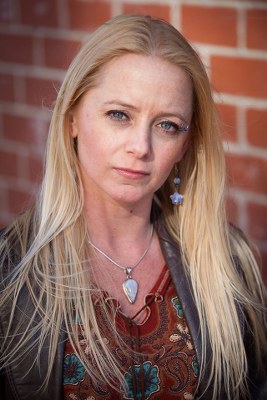
About the Author:
Renee S. DeCamillis is a dark fiction writer, an Editorial Intern with Crystal Lake Publishing, a member of the Horror Writers Association, a lyricist and poet, a life-long musician--hard rock/blues rhythm guitarist and singer, & a tree-hugging hippie with a sharp metal edge.
Renee earned her MFA in Creative Writing from the Stonecoast Graduate Program, she has her BA in psychology, and she attended Berklee College of Music as a music business major with guitar as her principal instrument. Music has been a huge part of Renee's life ever since she was a young child. She has been in a number of bands where she took on various roles, including hand percussionist. Renee is also a former model, school rock band teacher, creative writing teacher, private guitar instructor, A&R rep for an indie record label, therapeutic mentor, psychological technician, and pre-school teacher. (Yes, she loves to wear many hats; she is known to have worn thirteen hats all at once--literally.) She is also a former gravedigger; she can get rid of a body fast without leaving a trace, and she is not afraid of getting her hands dirty. Renee lives in the woods of Maine with her husband, their son, and a house full of ghosts.



